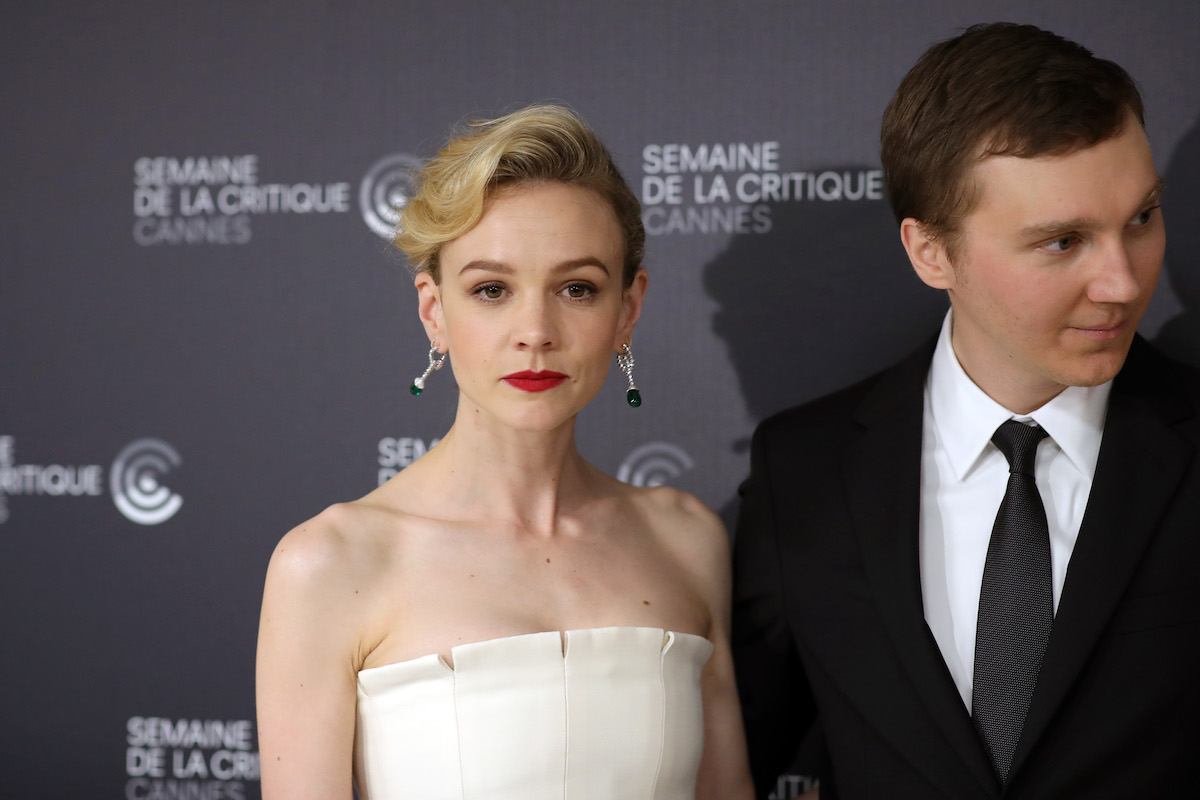In general, audience Q&As tend to evoke cringes. Once an interview is done and things are opened up to the audience, you tend to get a lot of questions that aren’t so much questions as they are comments, or else the questions, if they are that, are too personal, too awkward, or too banal. Audience Q&As, by their very nature, can be embarrassing and usually useless.
But the Q&A session at the Cannes Women in Motion Talk sounds extra cringeworthy. To start, this wasn’t just any audience. The event, meant “to showcase the contribution of women to the film industry,” has a reputation for being a bit of glitzy fluff, but the invite list is exclusive. It’s part of the festival’s “Critics’ Week,” but only reporters from high-profile outlets get invitations.
This year, Carrie Mulligan was the headliner being interviewed. She spoke about her film Wildlife, where she plays a 1960s housewife who cheats on her husband, and discussed how we rarely see unfaithful or otherwise morally flawed female characters onscreen. She spoke about the obstacles facing female directors and how, generally, they’re not given the same opportunities for advancement as their male counterparts. (For about a year and a half at least, Mulligan has been saying in interviews that, if Dee Rees were a man, she would have been directing tentpole blockbusters after her first festival film.)
And then there were the audience questions. Here’s what Vulture’s Emily Yoshida witnessed:
The media and industry professionals handpicked by Kering to bask in Mulligan’s presence included a gentlemen who wanted to know what Carey Mulligan thought of this year’s red carpet selfie ban (after she and Setoodeh had just discussed her distaste for social media), and another who asked her “what she would think if I told her she was very beautiful” — in French, forcing an interpreter to repeat the question in English. (Again: men, embarrassing, why.) Another asked her if she might consider working with Lars Von Trier now that his producer Peter Aalbaek has pledged to “stop slapping asses.” “That’s great for him,” Mulligan replied, clearly at a loss for how to respond to an obviously disingenuous question.
As Yoshida describes it, the issues started before the Q&A portion of the interview, starting with the fact that apparently, “even with all the money and consideration poured into every detail of the event, the poor dears at Kering couldn’t find a single woman in Cannes to moderate the discussion.”
The conversation was instead moderated by Variety’s Ramin Setoodeh. Yoshida writes that “not many women were called on, and the optics of the male moderator calling on male journalists at the fancy luxury women in film event were … [exasperated French sigh]. Meanwhile, female journalists whose actual beats are women’s representation in the industry failed to get invited at all.”
Sethoodeh, by the way, did not respond to the suggestion that as a man, he wasn’t the best choice to lead a conversation on women in film.
Hi @emilyyoshida. I’ve been covering women in Hollywood for more than 10 years since I was a reporter at Newsweek. The idea that I can’t moderate a talk on the subject because I’m a man is not something I agree with. https://t.co/Evv16IqtP1
— Ramin Setoodeh (@RaminSetoodeh) May 10, 2018
“Can’t” and “shouldn’t,” or even “might consider not,” are very different things, and if the moderator of a conversation about gender–not to mention the organizers of the event–can’t see that, then the entire concept of the event is disingenuous lip service and beyond pointless.
(via Vulture, image: Andreas Rentz/Getty Images)
Want more stories like this? Become a subscriber and support the site!
—The Mary Sue has a strict comment policy that forbids, but is not limited to, personal insults toward anyone, hate speech, and trolling.—










Published: May 11, 2018 01:19 pm